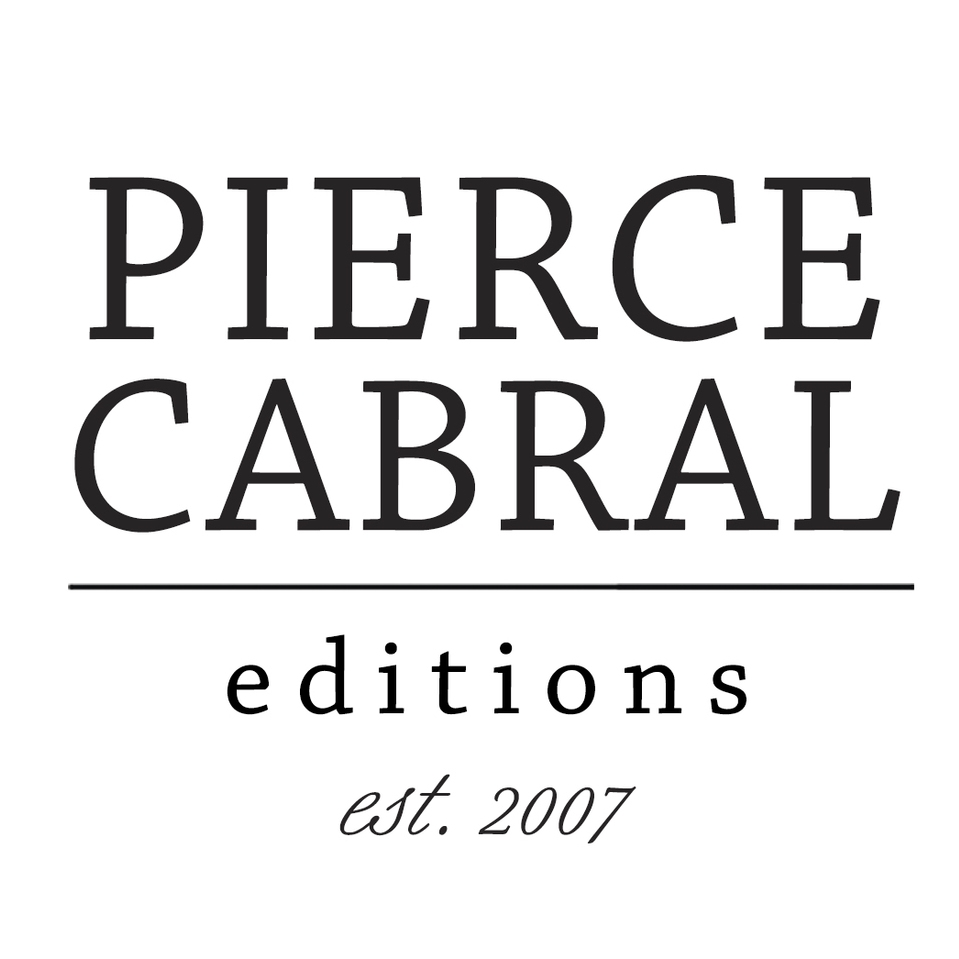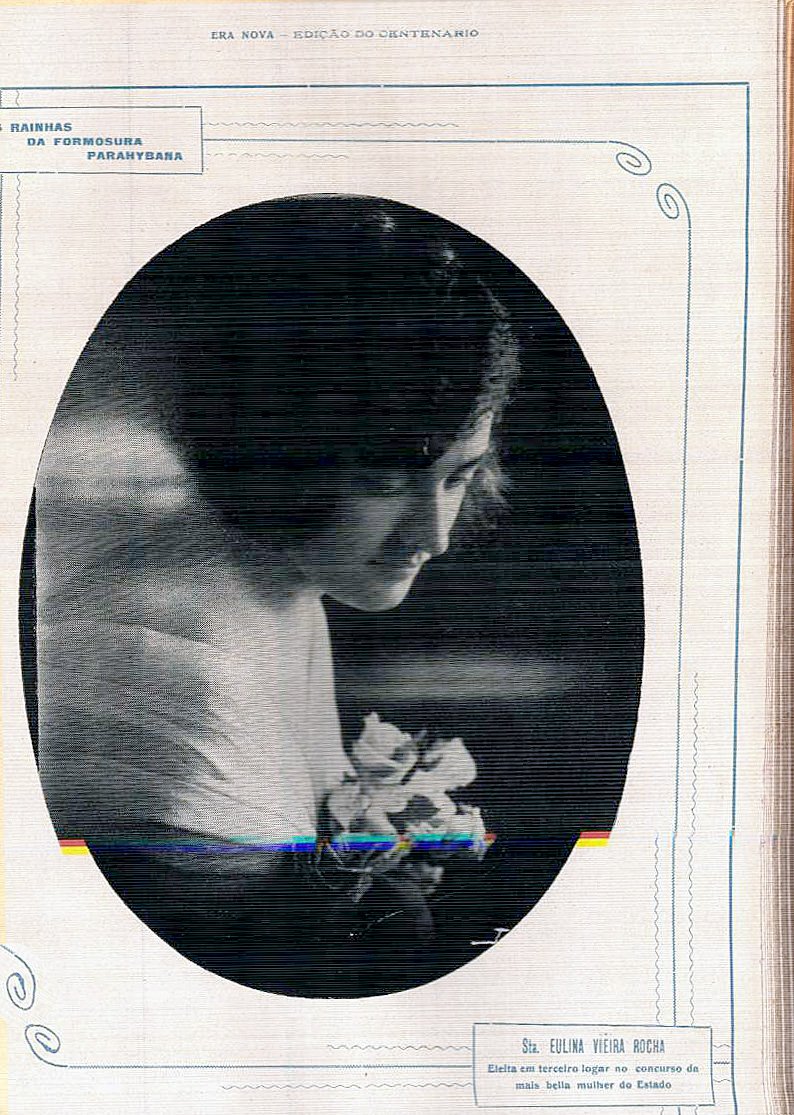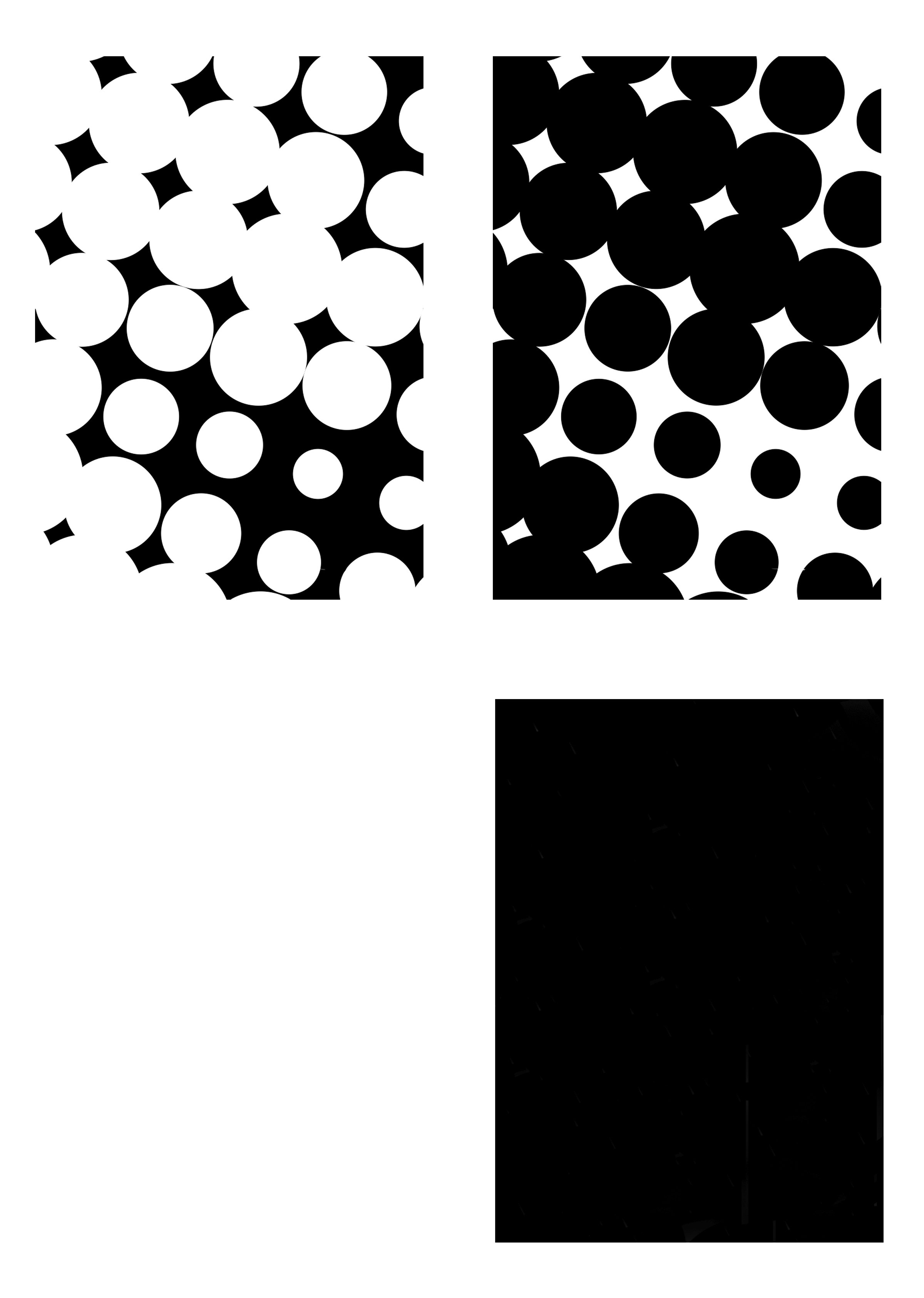MATCHBOX.
Revista Era Nova, ano 2, Edição do Centenario (1922). As Rainhas da Formosura Parahybana. Sta. Maria Eulina Vieira.
Digitalização feita pela Universidade Federal da Paraíba - Acervo Jornais e Folhetins Literários do Século 19.
Texto completo e curta-metragem em Português disponível aqui.
As one of the finalists in a beauty contest, my maternal grandmother, Maria Eulina Vieira dos Santos, would be awarded with her photo stamped on matchboxes. Engaged at 15, her future husband did not approve such an award. She ended the engagement on May 13th, claiming her freedom and exclaiming: "On this day, slavery was abolished" - referencing the historically naive perspective that the signing of a law on May 13th, 1888 freed enslaved populations in Brazil of the systemic expectation and imposition of submission, inferiority and servitude.
Revista Era Nova, ano 2, Edição do Centenario (1922). “Concurso da mais bella na Parahyba.”
Digitalização feita pela Universidade Federal da Paraíba - Acervo Jornais e Folhetins Literários do Século 19.
I created a ritual performance using as source the original text published in 1922 by the magazine Era Nova from the Brazilian state of Paraíba to promote a beauty contest. I reproduced the exact vocabulary used to describe the elite white women awarded in that event, including my grandmother. These words were typed and individually inserted into matchboxes depicting my white ancestor.
Matches are continuously lit in an attempt to illuminate the colonially-toned attributions used to describe my maternal Grandmother. The flame reveals the words resting in each box, exposing the distorted representation of whiteness as standards of beauty and superiority.
The blinding white entitlement that permeates the words describing the matriarch of my family are called out as they are illuminated by the flame. Each match is subsequently extinguished to represent my intent to extinguish and no longer perpetrate colonial narratives and the racial bias that permeates my family history, past and present, intra and transgenerationally.
Machbox (2023). Photo Ritual Performance by Jennifer Cabral.
Transcription - Nouns in sequence of appearance: Perfeição. Perfection. | Rainha. Queen | Nobreza . Nobility. | Dona. Owner. | Coroada. Crowned. | Elegante. Elegant. | Deusa. Goddess. | Vencedora. Victor. | Senhorinha. Missus. | Bendita. Blessed. | Digna. Worthy. | Fina. Refined. | Primorosa. Exquisite. | Esplêndida. Splendid. | Triunfante. Triumphant. | Distinta. Distinct. | Graciosa. Gracious. | Beleza. Beauty.
In this work - part historical research, part imaginary - I confront the right of a white woman to compare her lack of autonomy with that of an enslaved body. The subjugation of women prevalent in a patriarchal society is a mere backdrop to expose how inappropriate it is to compare the subjugation of a white woman with the systematic oppression, torture and appropriation of human beings. Especially by a woman that was member of a family that benefited from the systematic enslavement of other human beings as an operator of sugar cane plantations in Brazil - the last nation in the western world to abolish slavery.
Matchbox replicas recreated by Jennifer Cabral.
I recreated imaginary replicas of the matchboxes stamped with the beauty contest winning photograph of my grandmother. Her original photo is reproduced and each of the matchboxes is duplicated with a negative image as an attempt to visually represent the erroneous appropriation of blackness by a white woman. Transmitted from generation to generation, the continuous propagation of such narrative deteriorates by its untruthfulness, as does the continuous mechanical reproduction of an image, and the vestiges that remain are incompatible an incomparable oppressions.
Matchbox replicas recreated by Jennifer Cabral.
Deterioration is an intrinsic part of this work since the idealized image of women is unattainable as, the standard of beauty displayed and imposed by an elite that insists to sustain the white race as “representatives of humanity” is unacceptable.
“Whiteness rests on a fundamental premise: the definition of white people as the norm or standard for human beings and people of color as a deviation from this norm.”
- Robin Diangelo, White Fragility (2017)
Matchbox. (2023) by Jennifer Cabral - 36 matchbox replicas. Mixed media. (Pigment print, matchboxes, matches and paper)
Revista Era Nova, ano 2, numero 25 - 1 de Maio de 1922. “Coupon para a eleição da parahybana que deve figurar no grande concurso de belleza nacional do Centenário da nossa emancipacao politica”.
Digitalização feita pela Universidade Federal da Paraíba - Acervo Jornais e Folhetins Literários do Século 19.
References:
DiAngelo, R. White fragility : why it's so hard for White people to talk about racism. .
Diniz de Souza, V. (2019). A violência simbólica e o antifeminismo: uma análise da revista Era Nova (Parahyba, 1920). Revista Aedos, 11(24), 367–387. Recuperado de https://seer.ufrgs.br/index.php/aedos/article/view/83193
Hemeroteca Digital. Fundação Biblioteca Nacional.
Jornal A Província. Publicações "Eulina". (1920, March 30). Hemeroteca Digital. Fundação Biblioteca Nacional. http://memoria.bn.br/DocReader/DocReader.aspx?bib=128066_02&pagfis=696
Jornais e folhetins literários da Paraíba no século XIX - Centro de Ciencias Humanas, Letras e Arte - Universidade Federal da Paraiba. (2007). João Pessoa, PB. Retrieved January 28, 2023, from https://www.cchla.ufpb.br/jornaisefolhetins/sobre.html.
DESCONHECIDO. As Rainhas da Formosura Parahybana. Sta. Maria Eulina Vieira. Revista Era Nova, ano 2, Edição do Centenário - pagina 13. Retrieved January 28, 2023, from https://www.cchla.ufpb.br/jornaisefolhetins/acervo/Era_Nova_1922_ano_II/DR_SOLON_BARBOSA_LUCENA5.pdf
DESCONHECIDO. Concurso de Belleza. E eleita a Parahybana mais bella. Revista Era Nova, ano 2, n. 33. - 1 de Setembro de 1922. Jornais e folhetins literários da Paraíba no século XIX - Centro de Ciencias Humanas, Letras e Arte - Universidade Federal da Paraiba. (2007). João Pessoa, PB. Retrieved January 28, 2023, from https://www.cchla.ufpb.br/jornaisefolhetins/acervo/Era_Nova_1922_ano_II/ERA_NOVA_01_09_1922.pdf
DESCONHECIDO. Concurso de Belleza. Sua ultima etapa na Parahyba - o premio da “Era Nova”. Revista Era Nova, ano 2, n. 34. - 1 de outubro de 1922. Jornais e folhetins literários da Paraíba no século XIX - Centro de Ciencias Humanas, Letras e Arte - Universidade Federal da Paraiba. (2007). João Pessoa, PB. Retrieved January 28, 2023, from http://www.cchla.ufpb.br/jornaisefolhetins/acervo/Era_Nova_1922_ano_II/ERA_NOVA_01_10_1922.pdf
Menakem, R. My grandmother's hands : racialized trauma and the pathway to mending our hearts and bodies. .
MENDES, J. S. "Rainhas da formosura": política e beleza nos concursos de Miss Parahyba do Norte (1922-1929). 2016. 66f. Trabalho de Conclusão de Curso (Graduação em História) - Universidade Estadual da Paraíba, Campina Grande, 2016. Recuperado de http://dspace.bc.uepb.edu.br/jspui/handle/123456789/10090
Oliveira V. de. (1974). Mundo submerso : memórias. Companhia Editora de Pernambuco.
Peebles, F. d. P. (2008). The seamstress: a novel (First edition). HarperCollins.
Peebles, F. d. P. (2018). The air you breathe . Riverhead Books.
Portal Midia. (2022, November 15). As Mais Belas paraibanas no centenário da independência - portal mídia. Portal Mídia - O maior portal de Guarabira e do Brejo. Retrieved January 28, 2023, from https://portalmidia.net/as-mais-belas-paraibanas-no-centenario-da-independecia/
Revista Era Nova, ano 2, Edição do Centenario (1922). “As eleitas dos Municipios”.
Digitalização feita pela Universidade Federal da Paraíba - Acervo Jornais e Folhetins Literários do Século 19.
Revista Era Nova, ano 2, Numero 24 - 15 de Abril de 1922. “Qual a mais bella? O certame de Belleza.”
Digitalização feita pela Universidade Federal da Paraíba - Acervo Jornais e Folhetins Literários do Século 19.
AMERI_CANA
MATCHBOX is part of a series of works called AMERI_CANA where I explore spaces between myth and reality, tales and memory, history and fables. In passed down stories, the unfinished tracings of the diaspora of multiple generations leaves gaps that welcome the imagination and delusional fantasies of identity, while historical documents eliminate any minimization of our ancestral colonial roles - from the Brazilian northeast to the American northeast - From sugarcane to a dream of America.
#ameri_cana #decolonizing #familyhistory #ancestralhealing #ancestralidade #genealogia #latinidade #identidade #workinprogress #photography #archives #migration #diaspora #america #cana #canadeaçucar #plantations #sugarcane











